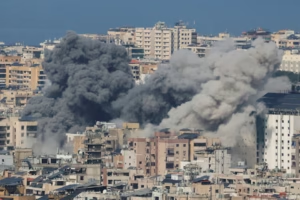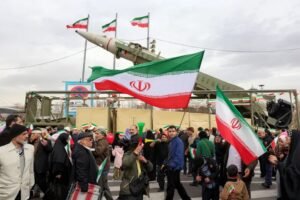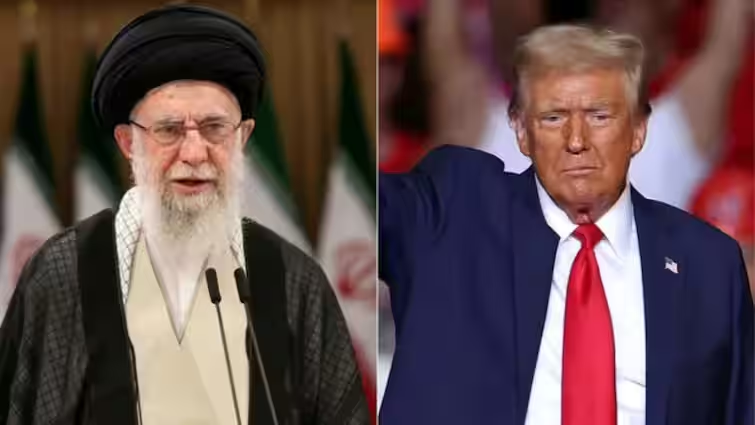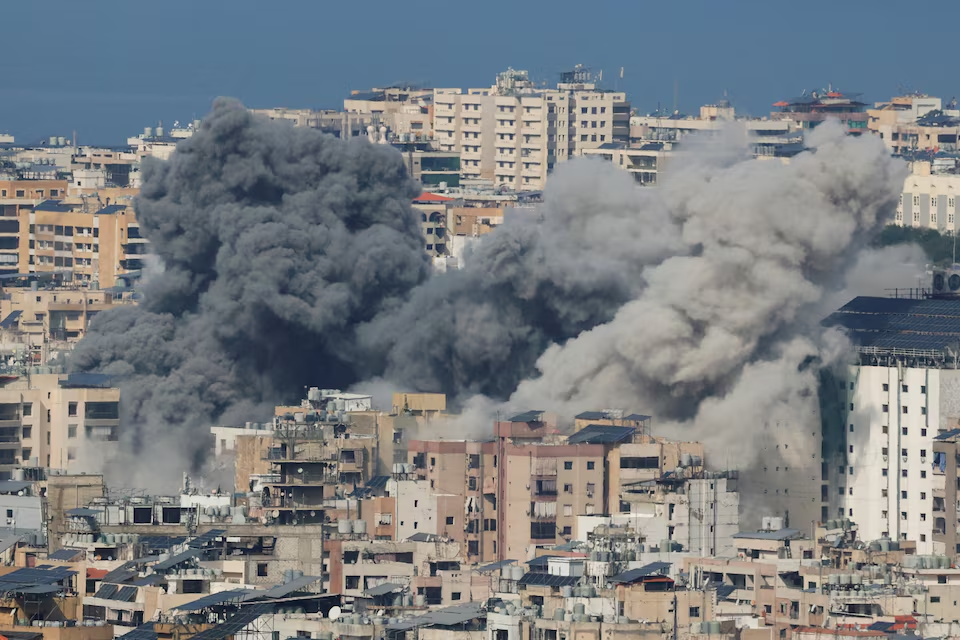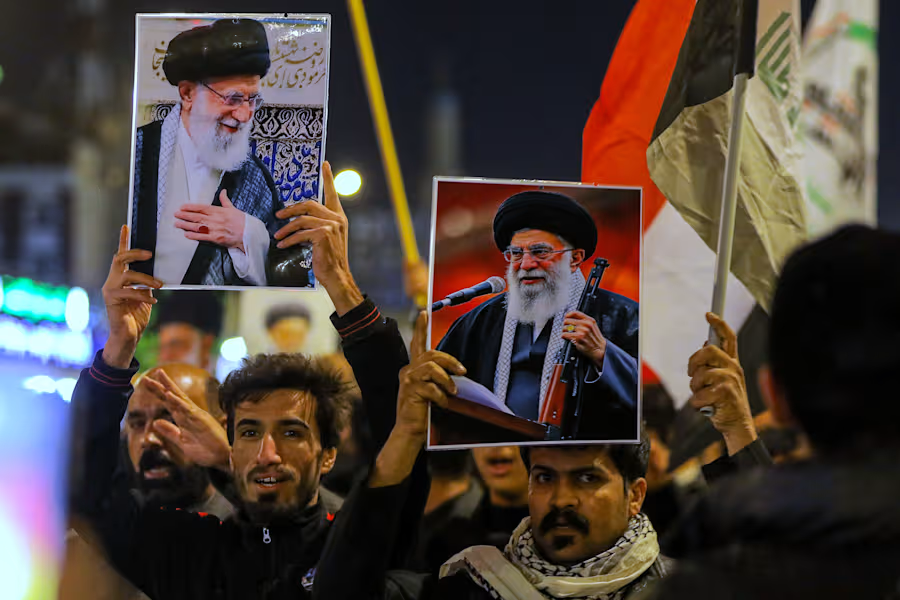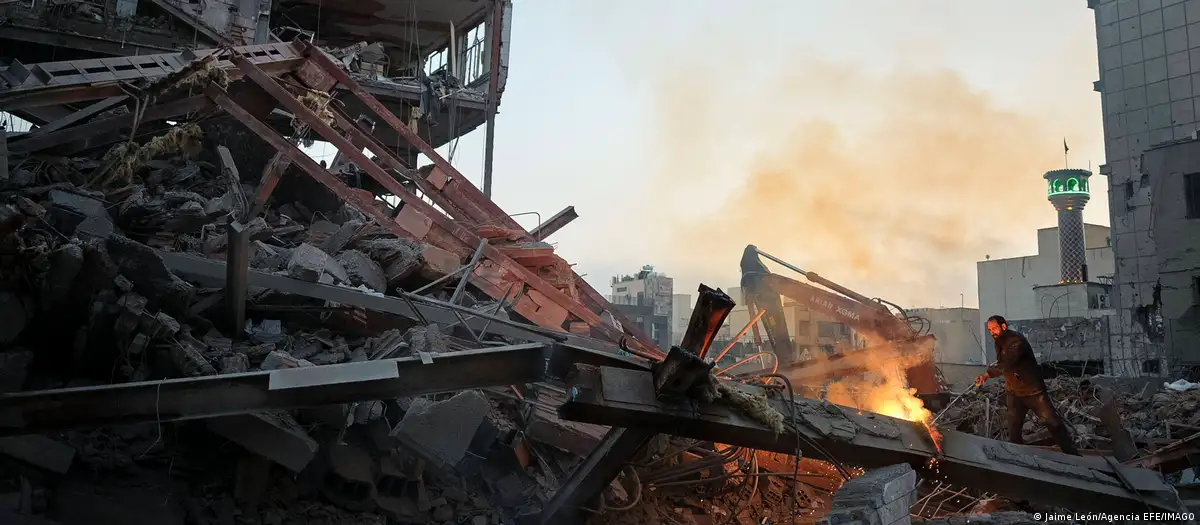Tensions in the Middle East are growing rapidly. A cycle of attacks and counterattacks has put the region on edge. In this climate, U.S. President Donald Trump made a surprising announcement, proposing a ceasefire. But Iran has flatly rejected the offer, calling it meaningless and saying their fight is far from over.
In recent days, military actions between the U.S., Israel, and Iran have intensified. Iran insists that its latest strike on the U.S. military base in Qatar was not just symbolic but part of a broader strategy. With this move, Iran made clear it is ready for both diplomacy and resistance.
According to officials, the missile attack targeted Al Udeid Air Base in Qatar, which houses U.S. forces. The strike followed a series of air raids by the U.S. on Iranian nuclear sites in Fordow, Natanz, and Isfahan. The U.S. reportedly launched the attacks after increased threats from Iran in the region.
Iran’s response came within 48 hours. Analysts have described the counterattack as symbolic, but with a strong political and strategic message. Iran wants the world to understand that it will not back down or sit quietly under pressure.
Soon after Iran’s strike, President Trump took to social media. He claimed both Iran and Israel had agreed to a full ceasefire. But Iranian Foreign Minister Abbas Araghchi quickly denied any formal agreement. He warned that if Israel did not stop its aggression by 4 p.m. Tehran time, Iran would respond with more force.
Trump’s announcement also created divisions within his own party. Some Republican members of Congress supported his airstrikes on Iran. Others, however, criticized them. They said the strikes served defense industry interests more than national security. Even Marjorie Taylor Greene, one of Trump’s staunchest allies, called the ceasefire declaration misleading.
Experts believe Trump’s sudden ceasefire announcement was a political move. Under rising domestic pressure, he may be trying to appear as a peacemaker. U.S. public opinion is turning against war, and Trump likely wants to strengthen his image before the next election.
Despite the ceasefire talk, missile and drone attacks are still ongoing. Iran’s actions show that it does not trust the ceasefire to be real or lasting. Officials in Tehran say they are open to talks only if Israel stops its military aggression. They have made it clear that their right to defend themselves is not up for discussion.
So far, Israel has not released any official statement. Local reports suggest Prime Minister Benjamin Netanyahu and other top officials are under a gag order. They are not allowed to comment on the ceasefire issue at this time.
According to international media, Israel is facing strong pressure from the United States to end the conflict. However, Iran’s dual approach—diplomatic and military—continues to shape the situation. Iran’s leaders are reminding the world of the long war they fought with Iraq from 1980 to 1988. That memory serves as a warning: Iran is ready for a long-term fight if needed.
Trump’s ceasefire offer, posted online, is now being seen as more of a political statement than a real step toward peace. On the ground, nothing has changed. Iran continues its attacks and shows no sign of backing down. Instead, it is using both force and strategy to increase pressure on the United States and Israel.
The question now is whether this situation will shift toward diplomacy or spiral into a larger war. The coming days will show whether words can still stop weapons—or whether the region is heading for a deeper crisis.

